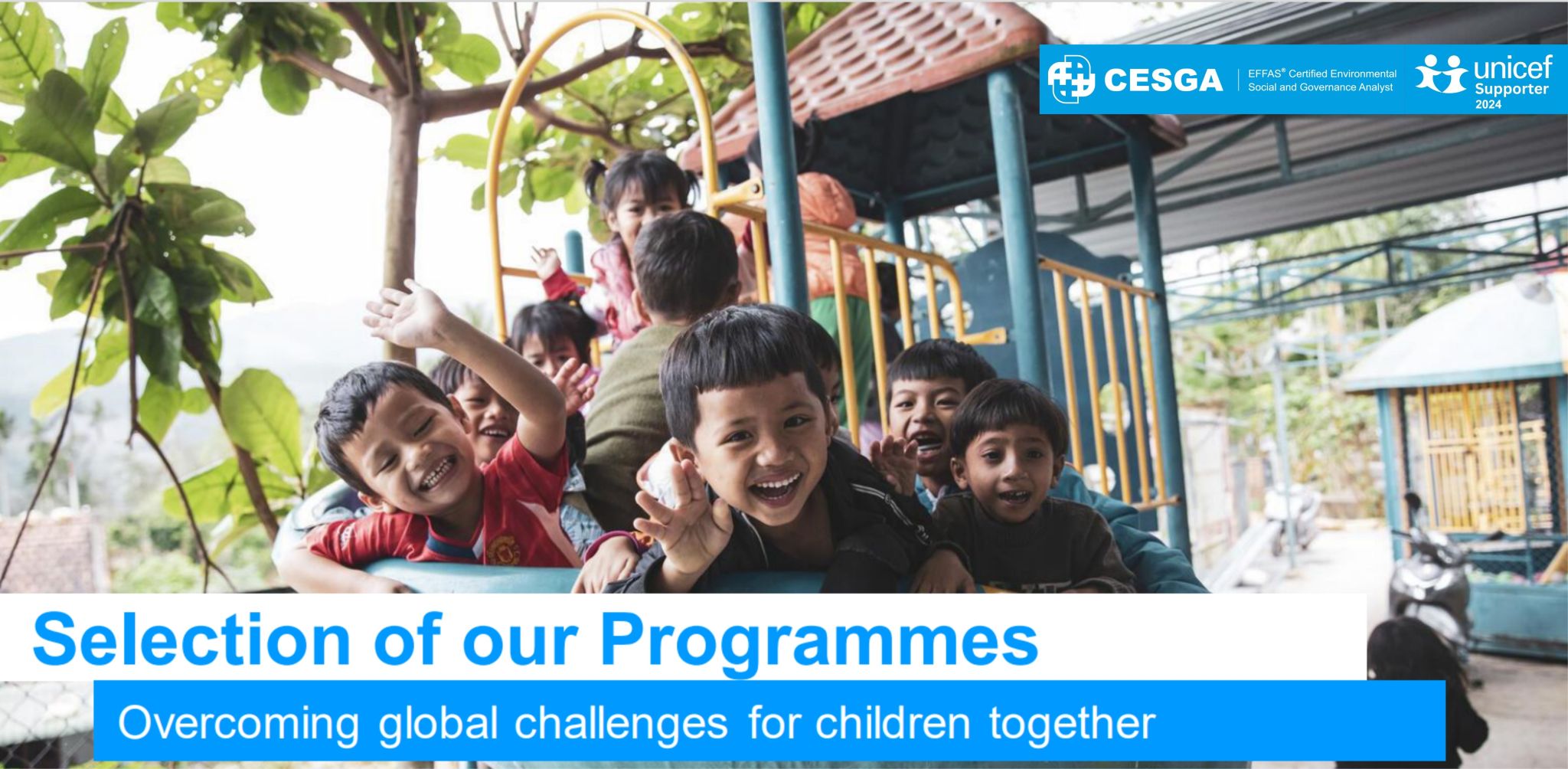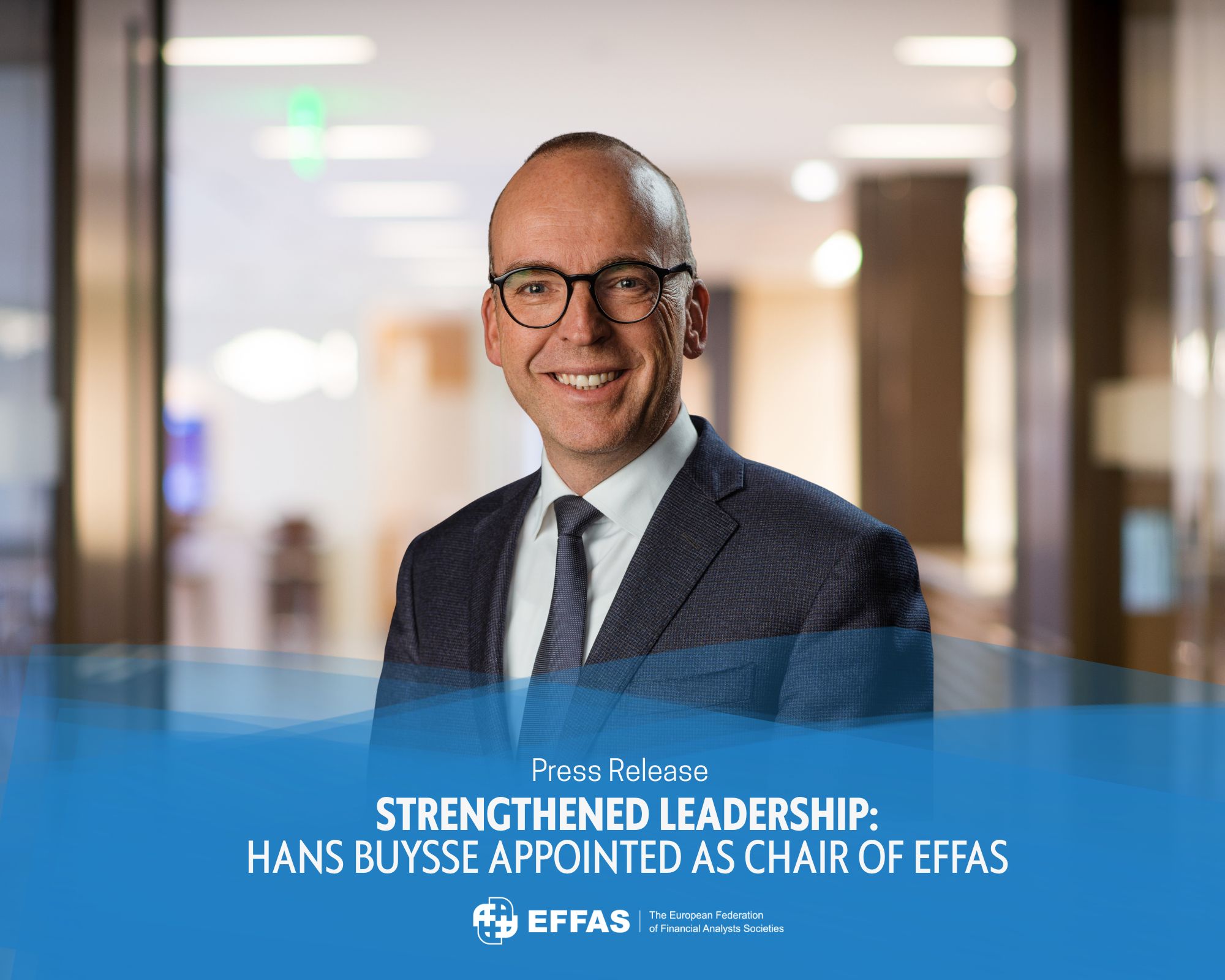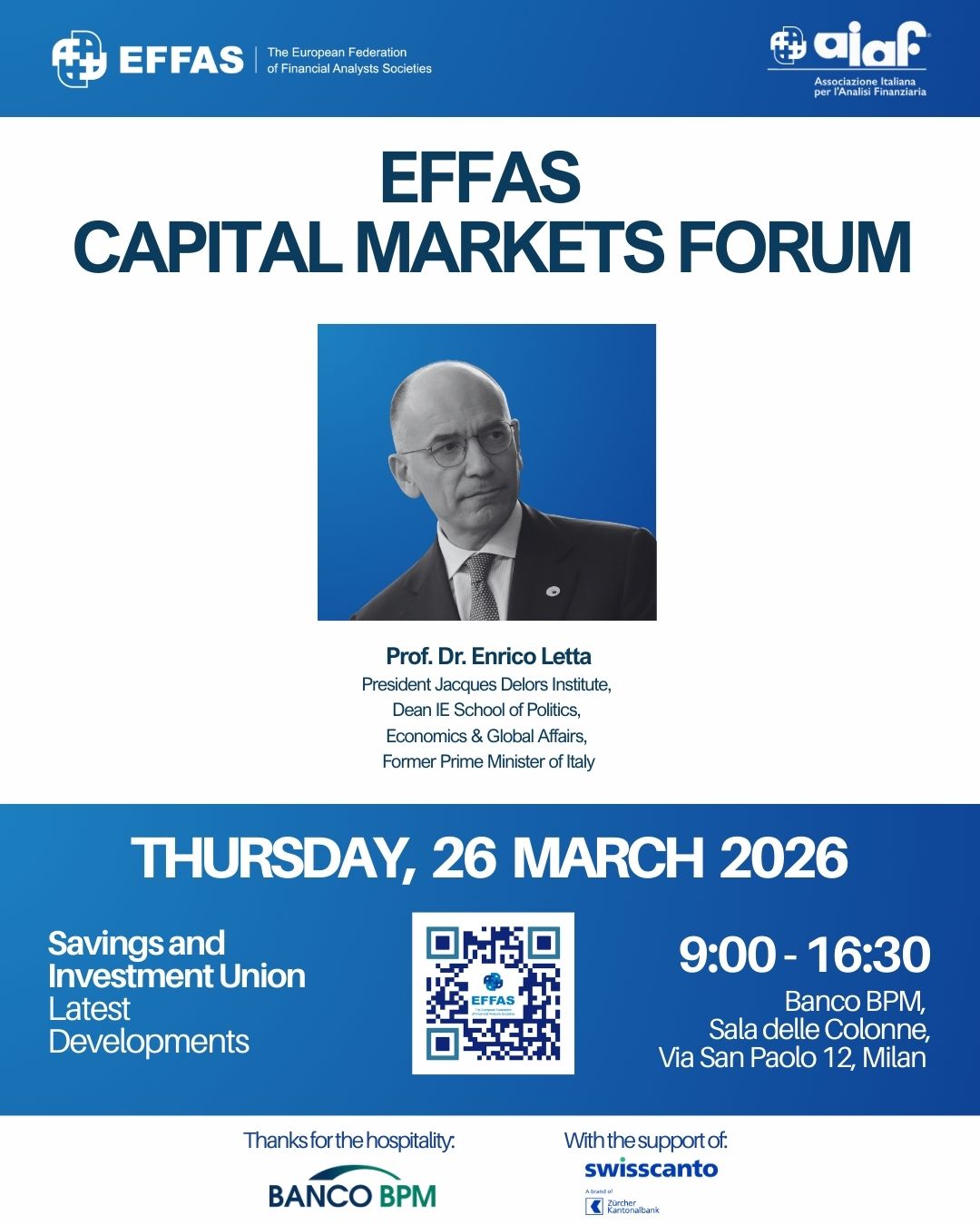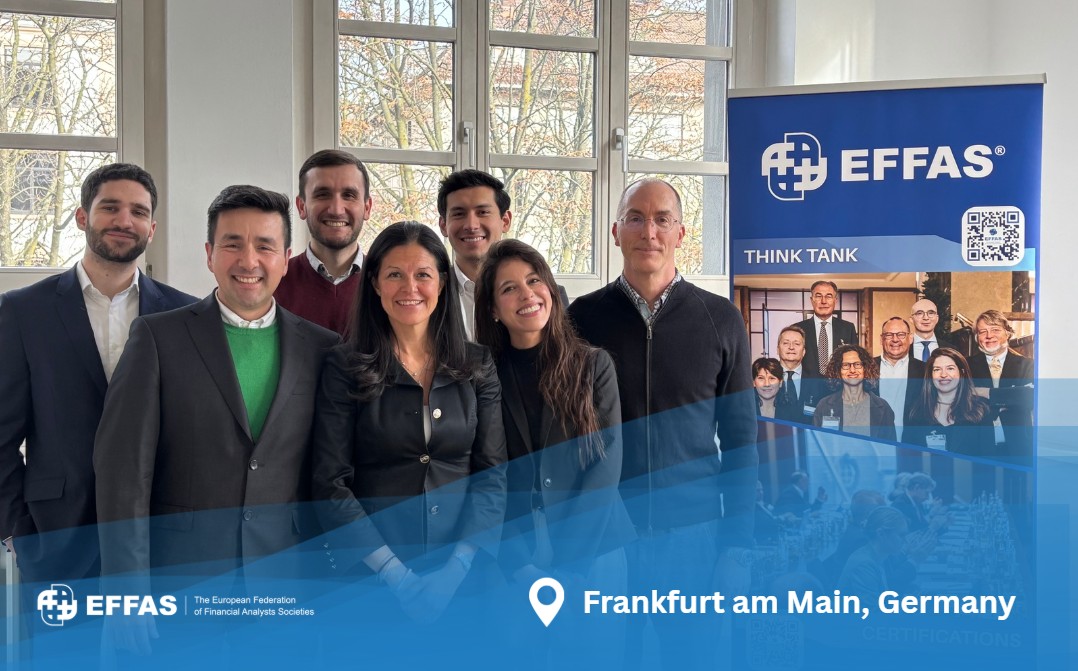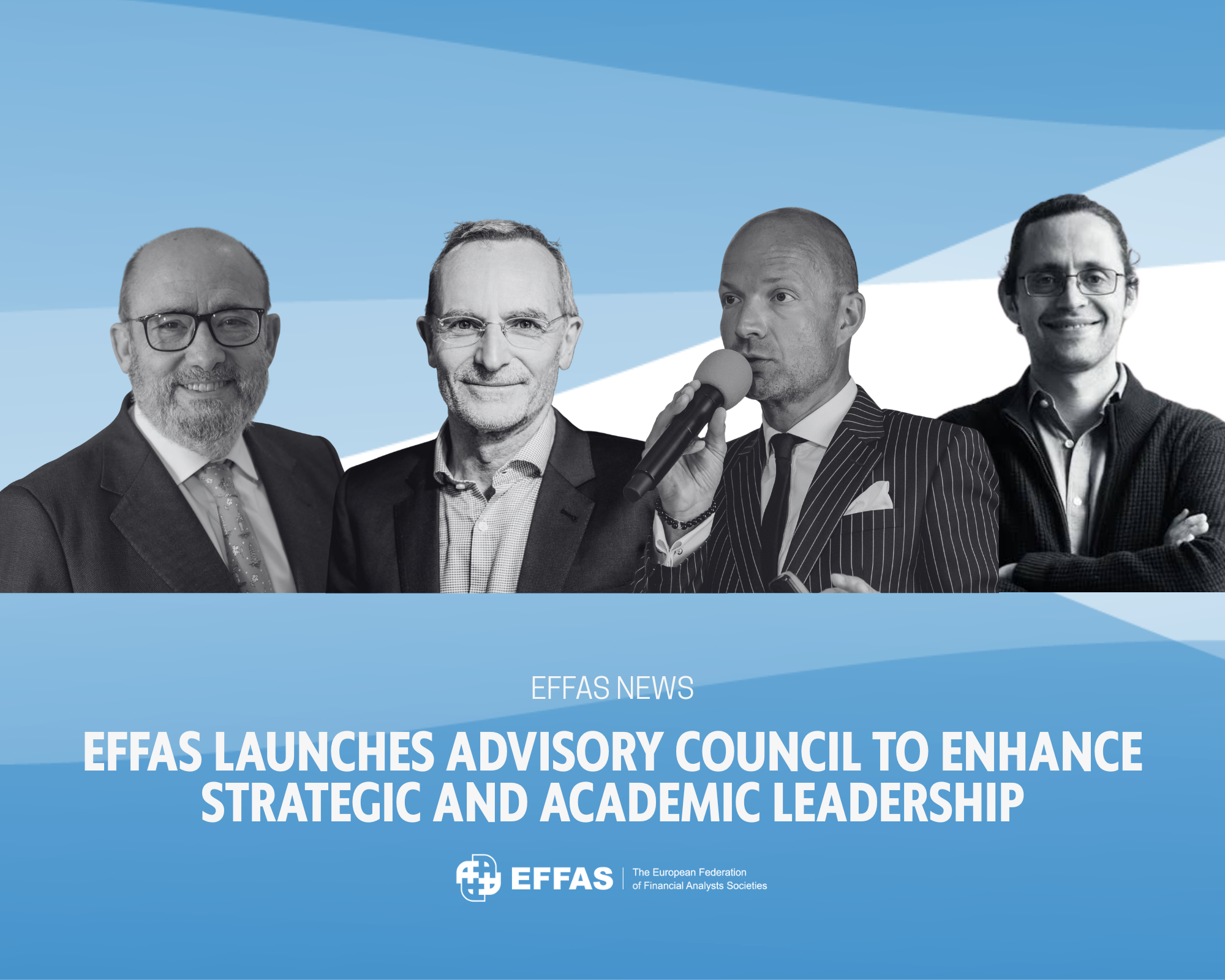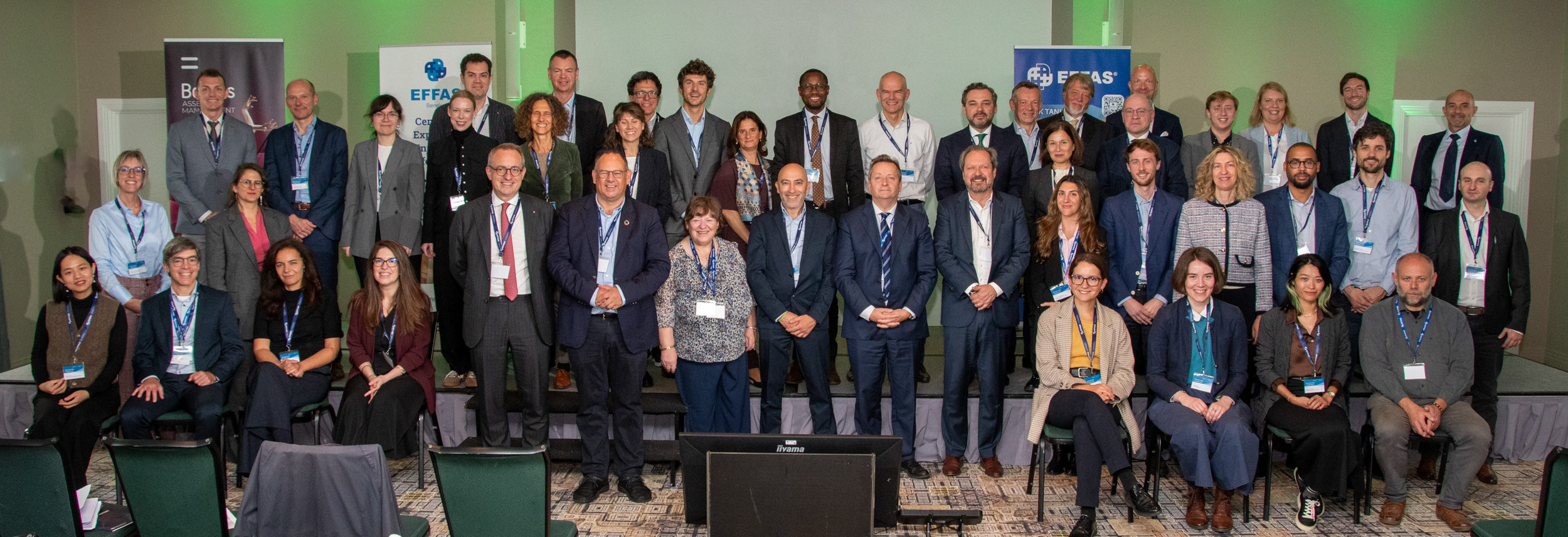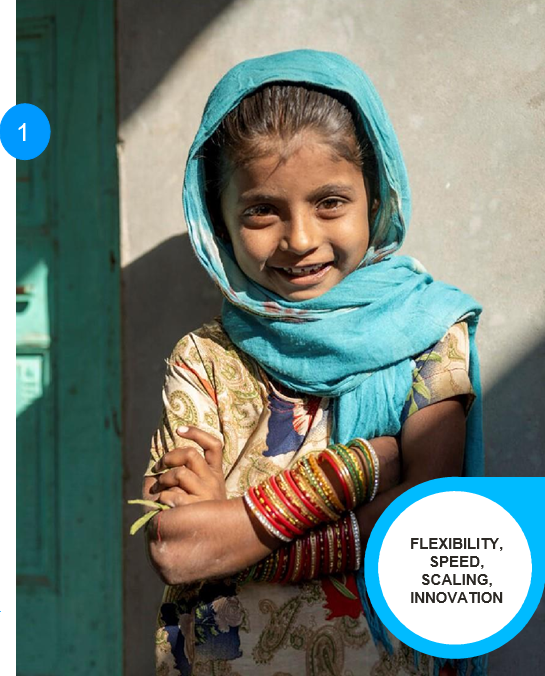
1. Helping wherever the need is greatest
Our Goal:
Achieving the greatest impact by helping children wherever they live and whatever they need through flexible funding. In the light of various wars, conflicts, and catastrophes, this becomes the most important source of funding.
Challenge:
- Whether after a natural disaster, in a war zone or during an outbreak of life- threatening diseases: In acute crisis situations, children need fast and flexible It is often vital for survival.
- Donors often want to know how their support will be (specifically) used; however, this also increases the administrative burden.
UNICEF‘s sustainable response:
- Unrestricted donations that can be used flexibly by UNICEF for children wherever and whenever the need is greatest – for example, to support children and their families in long-term conflicts and emergency situations that, as “silent” crises, are not in the public eye.
- Developing innovative ideas and solutions to complex problems and scaling UNICEF’s work globally.
- Preparing for and responding quickly to emergencies, and supporting reconstruction afterwards.
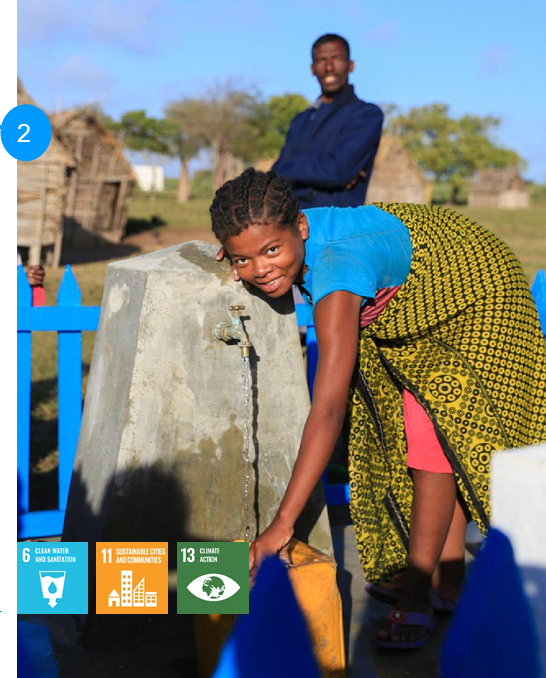
2. Sustainable „Eco Villages“ in Madagascar
Our goal:
Using clean, efficient energy and a sustainable water supply to increase communities’ resilience to the effects of climate change.
The challenge:
- Madagascar is severely affected by climate change – four years of drought have left more than one million people in southern Madagascar dependent on food and other humanitarian aid.
- 57 percent of people are dependent on surface water. More than 10 million people do not use proper toilets and 42 percent of children under the age of five are already malnourished.
UNICEF’s sustainable response:
Providing solar powered water systems in the south of Madagascar in so-called “Eco Villages“:
- Solar power to run schools, health centers and the water supply.
- Access to a sustainable water supply for domestic, public and agricultural use; construction of toilets to combat the dangerous effects of open defecation.
- Connection to the internet for better coordination of health services and better education for children in school.
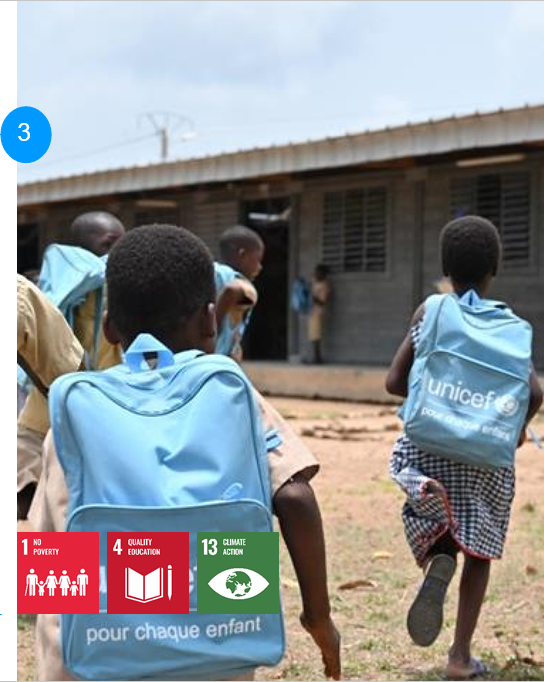
3. Education opportunities through recycling in Côte d‘Ivoire
Our Goal:
Increasing children’s access to education while at the same time alleviating poverty by generating decent job opportunities for women and young people.
Challenge:
- 46 percent of households – including many single parents and often very young mothers themselves – live in poverty.
- Côte d’Ivoire has a garbage problem and suffers from extreme Only five percent of waste is recycled.
- 6 million children in Côte d’Ivoire do not go to school and up to 100 children go to one class.
UNICEF‘s sustainable response:
- Building school infrastructure with recycled construction material.
- Providing school equipment, water and sanitation facilities as well as training for teachers.
- Creating a clean environment through education about environmental protection, waste disposal and hygiene as well as the recycling of plastic.
- Empowering mothers by creating new income At the same time, classrooms are being built where more children have access to quality education.
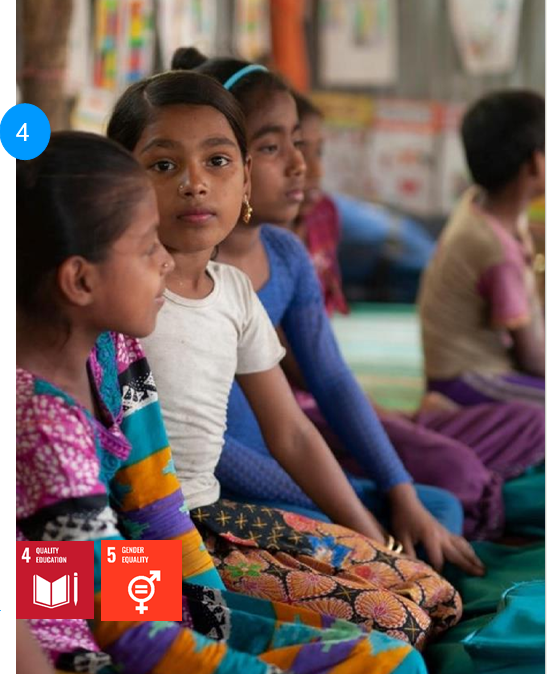
4. „Let us Learn“ – Education for the most vulnerable
Our Goal:
Providing access to quality education to the most vulnerable children in the five countries of Afghanistan, Bangladesh, Liberia, Madagascar and Nepal.
Challenge:
- Many children never get the chance to go to They live in poverty and in remote regions where access to education is limited.
- Conflict and discrimination are also factors that hinder access to education.
- Girls are particularly often affected by this.
UNICEF‘s sustainable response:
- In Afghanistan, children and especially girls receive basic education – even in remote areas.
- In Bangladesh, the program supports the education cycle from preschools to catch-up basic education and training.
- In Liberia, schools and remedial courses for girls are supported.
- In Madagascar, the quality of secondary education is improved and families are also supported financially so that girls in particular can attend school.
- In Nepal, we focus on special support courses of basic UNICEF works closely with the government to improve education in Nepal.
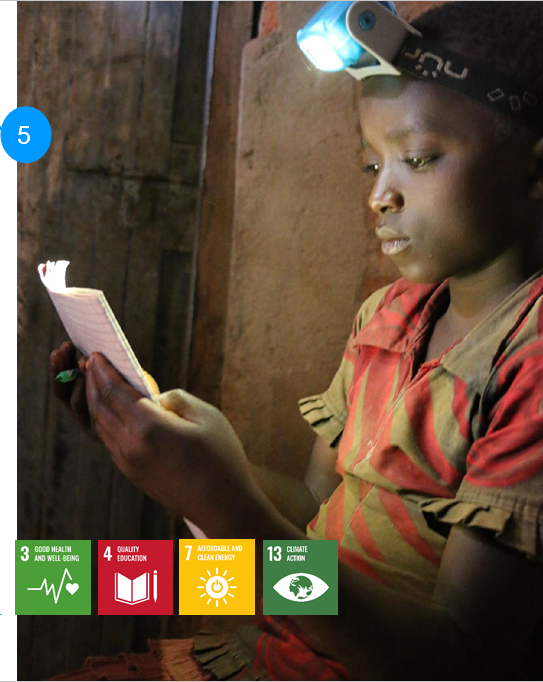
5. Solar energy for children and their families in Burundi
Our Goal:
Bringing light and clean energy to remote regions of Burundi to provide better learning conditions and safety for children and their families.
Challenge
- The East African country of Burundi is one of the poorest countries in the world.
- Less than 10% of the population in rural areas has access to electricity.
- People rely on wood and coal for energy or kerosene lamps for lighting. These energy sources not only have a negative impact on the environment, but also take up time and expose people to high health risks.
UNICEF‘s sustainable response:
- Provision of rechargeable solar lights that can be hung from the ceiling or worn with a headband.
- Voluntary groups (“Solidarity Groups”) are involved in disseminating the innovative technology. They are provided with the lamps, charging stations and solar panels. The group members then pass them on to households in their villages and provide information on how they can best be used.
- Additional electrical devices such as cell phones can be charged at so-called solar kiosks in the villages.
For any queries, please refer to:
Alvaro Wagener Diez | Marketing & Communications Manager
EFFAS e.V.
Sophienstraße 44, DE 60487 Frankfurt am Main.
a.wagener@effas.com
Phone: +49 69 98959519 – Fax: +49 69 98957529
website: www.effas.com
- About EFFAS
EFFAS is a Not-for-profit organisation set up in 1962 with 14 national member associations in Europe, representing more than 16,000 Financial analysts, Asset managers, pension fund managers, corporate finance specialists, risk managers, treasurers among many other professional profiles from the investment profession. EFFAS is a certification body for finance with over 24,400 certificate holders worldwide. https://effas.com/

